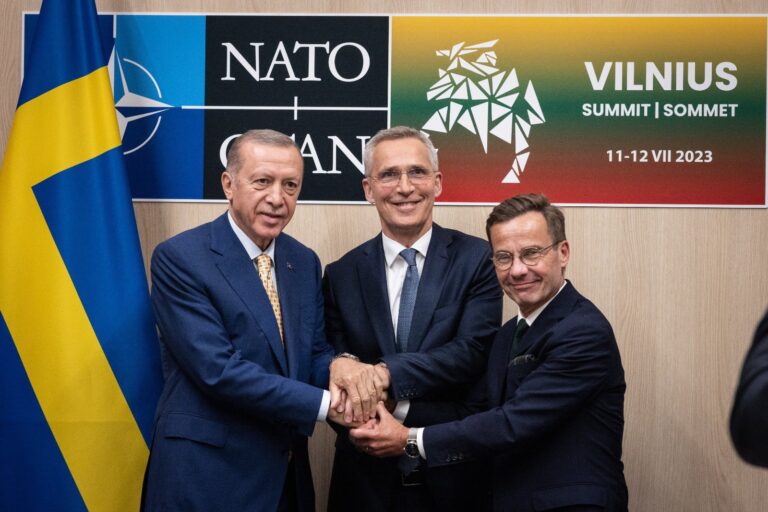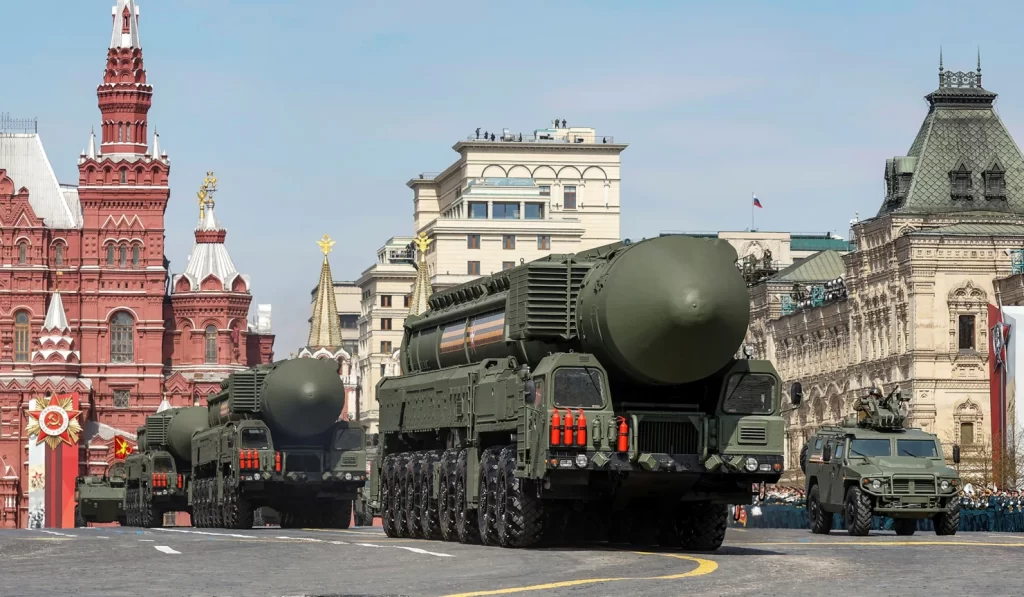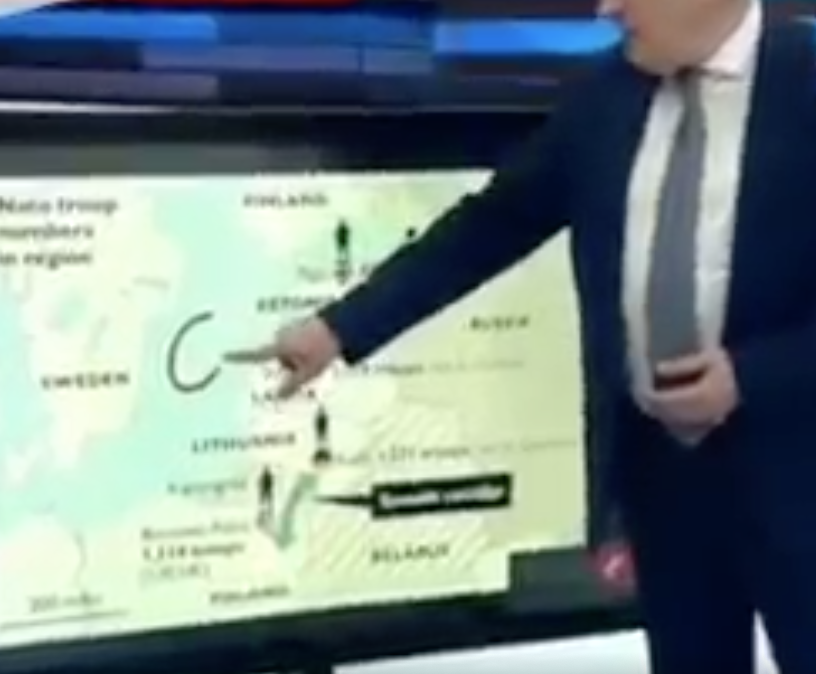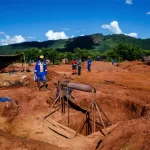There are signs that Putin’s entourage increasingly resorts to the rhetoric of nuclear or large-scale man-made disaster threats, as things are getting wrong for Moscow in its war in Ukraine.
Nuclear blackmail means the Kremlin is eager to work on the Cold War mistakes, as Russian leaders hope to win it amid drastically changed geopolitical environment. Reinforced international sanctions, Russia’s isolation in the world and internal political issues that undermine the regime and add to the split of elites, trigger this blackmail and threats. With no plan B, the Kremlin is expected to keep on sending nuclear signals, and even resort to provocation to gain political concessions and, ideally, get recognition for the territories Moscow has occupied.
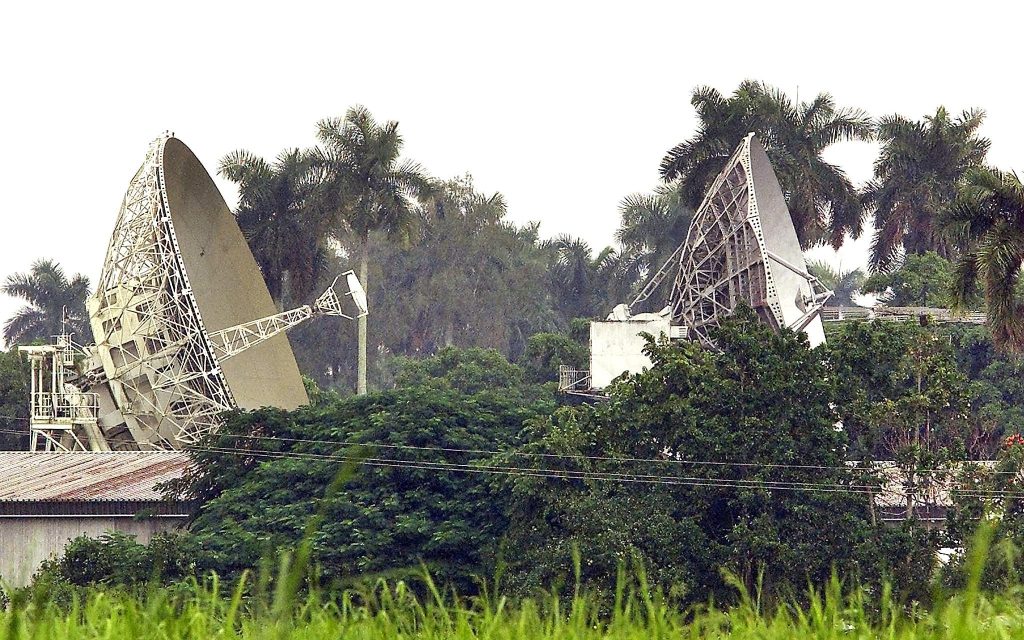
Read also: Putin trying to replay Cold War in his favor
Russia brings up nuclear issue from time to time to undermine the unity of the West in helping Ukraine, as it tests whether the coalition is ready to weaken its stance on Russia. But some nuclear threats, like those by Dmitry Medvedev, Deputy Head of the Security Council, are nothing more than efforts to reestablish a role in the government (amid embarrassment and behavioral disorder (heavy alcohol addiction).
If to speak about state propaganda, these threats should support the idea that the Kremlin is able to defeat and resist the West, as Russia pursues its colonial ambitions. With first Russian PSYOPs threatening to use nuclear weapons in Europe starting from 2014, the Kremlin’s nuclear muscle flexing has significantly changed in one and a half years of a full-scale war in Ukraine.
With the purpose to make Ukraine give up and keep NATO from interfering at the start of the full-scale invasion, this rhetoric is now used as a last resort if things get out of hand for the Kremlin. There are serious doubts, however, that Russia is ready for a nuclear war against NATO.
Nuclear threats escalated by Moscow make us think that Russia should not just be deterred from using nuclear weapons, but even forced not to use them. Deterrence means the aggression might be prevented by parity force ready to strike back, if necessary, while coercion means the peace is imposed by superior defense force deployed nearby, to fight possible enemy.
Proliferation of Russian nuclear stockpile is an additional danger for HATO, as nuclear weapons may be deployed in Belarus, Russia is notoriously unreliable in nuclear storage, and Moscow may hypothetically export nuclear and missile technologies to Iran or North Korea. The Wagner Group mutiny showed that 375 object C controlled by Russian MOD’s 12th Directorate with nuclear weapons near the city of Borisoglebsk, Voronezh Region, could have been easily captured by the rebels. RLI analysts warned of these risks and emphasized that we should develop scenarios for pre-emptive strikes against such facilities in Russia.
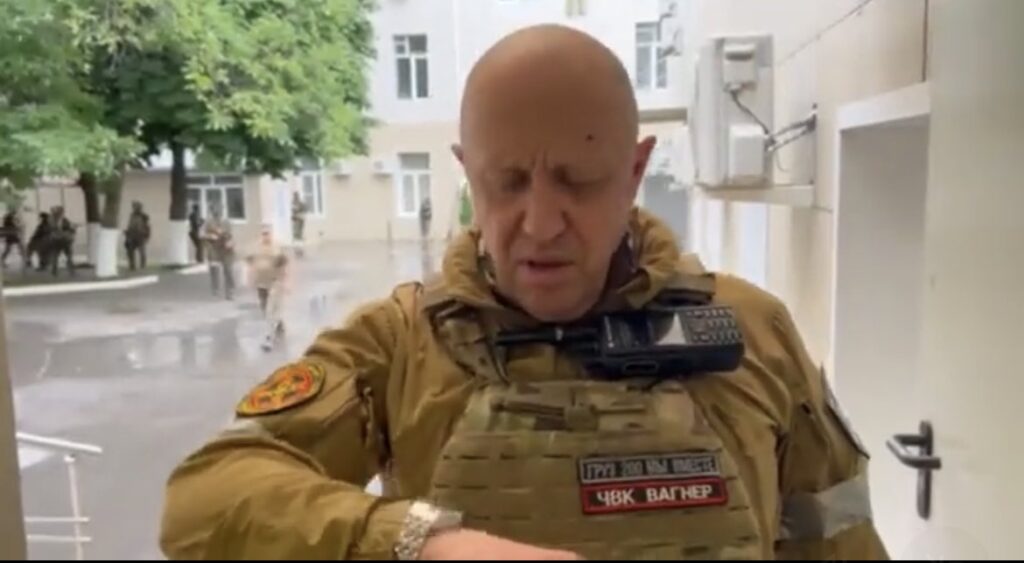
Read also: Mutiny in Russia: roots and risks
This casts doubt on stability of Russia’s nuclear stockpile. Our political elites, amid the risks of losing control of nuclear weapons, are afraid of triggering Russia’s split.
The outcome of Prigozhin’s mutiny offsets whatever one may say of current government in Russia holding the only trigger for launching nuclear missiles. This enlarges Cold War phobias with possible change of supervisor over Russian weapons of mass destruction. A real military coup supported even by a part of political establishment may lead to the seizure of some nuclear weapons, triggering consequences that are difficult to predict and processes that cannot be controlled from outside. That way, the Kremlin’s manipulation and peddling of nuclear fear for the West are just components of new threats, while others, no less important, come along.
NATO, as a result, meets now a completely new architecture of challenges and threats in the east. Such scale of destabilizers implies an appropriate system of combat that needs to be built.
Former NATO’s Supreme Allied commander for Europe, retired four-star Gen. Philip Breedlove said: “We always look back at Putin. We should become, instead, the ones who dictate the content and pace of interaction. We hold back most of the time, while Putin hardly ever.”
Following the announcement that tactical missiles would be deployed in Belarus, Poland expressed a willingness to host U.S. nuclear weapons and become part of Nuclear Sharing program, like Belgium, Germany, Italy, the Netherlands and Turkey.
Only preemptive and decisive action by the Alliance can make the Kremlin less willing to keep on satisfying imperial ambitions in Europe. That means nuclear weapons will play a pivotal role for NATO’s safety in future. Aside of that, Vladimir Putin announced this February that Russia suspends the New START Treaty, which makes things worse for both parties, with no possible dialogue in the mid-term. Having suspended participation in New START, the Kremlin launched new nuclear arms race, as strategic stability is impossible without restrictions on strategic warheads and delivery vehicles.
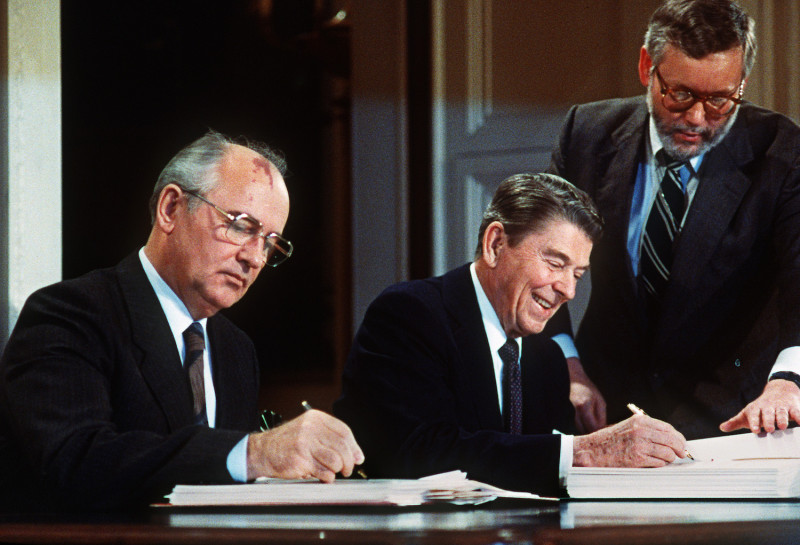
We believe the true condition of Russia’s nuclear arsenal and reassessment of its combat force drive this.
NATO summit in Vilnius, in this regard, should develop not algorithms, but ready-made solutions to security challenges, including continued expansion of the Alliance for the sake of regional safety, so that the nations that are not part of NATO would not be able to hinder the expansion process. Finland that has joined NATO, Sweden that is expecting to join, and Ukraine that undergoes the procedure of acquiring the status of a NATO member, have proved that military and political neutrality of nations is ineffective in new geo-political environment, as NATO should not limit its expansion to appease Moscow. With all changes that happened in the world after Soviet breakup, current threats are linked to the Kremlin again, as NATO keeps on being a deterrent with highly effective concept of Euro-Atlantic security in the last 74 years.
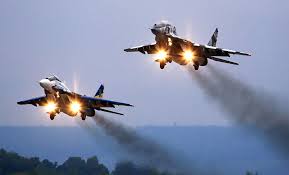
Read also: NATO decline risk amid the war in Ukraine
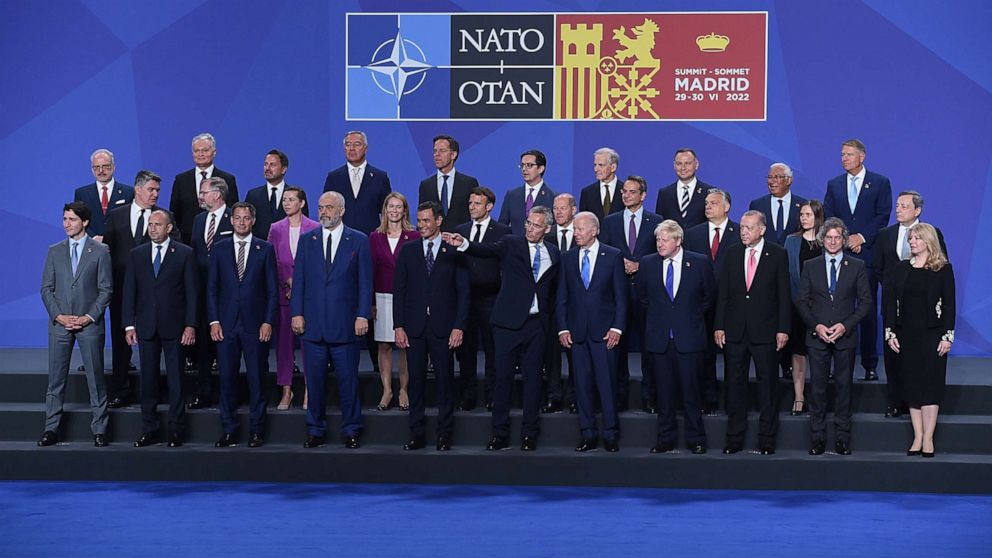
Read also: Deterrence is back


